Related Research Articles
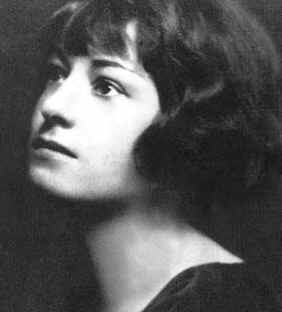
Dorothy Parker was an American poet, writer, critic, and satirist based in New York; she was known for her wit, wisecracks, and eye for 20th-century urban foibles.
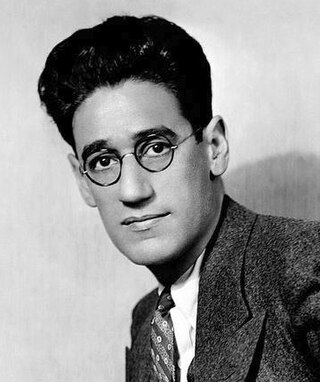
George Simon Kaufman was an American playwright, theater director and producer, humorist, and drama critic. In addition to comedies and political satire, he wrote several musicals for the Marx Brothers and others. He won the Pulitzer Prize for Drama for the musical Of Thee I Sing in 1932, and won again in 1937 for the play You Can't Take It with You. He also won the Tony Award for Best Director in 1951 for the musical Guys and Dolls.

The New Yorker is an American weekly magazine featuring journalism, commentary, criticism, essays, fiction, satire, cartoons, and poetry. Founded as a weekly in 1925, the magazine is published 47 times annually, with five of these issues covering two-week spans. Although its reviews and events listings often focus on the cultural life of New York City, The New Yorker has a wide audience outside New York and is read internationally. It is well known for its illustrated and often topical covers, its commentaries on popular culture and eccentric American culture, its attention to modern fiction by the inclusion of short stories and literary reviews, its rigorous fact checking and copy editing, its journalism on politics and social issues, and its single-panel cartoons sprinkled throughout each issue.
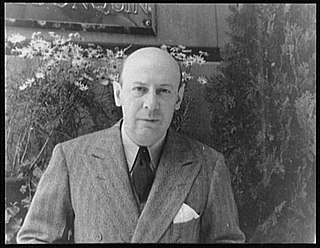
Marcus Cook Connelly was an American playwright, director, producer, performer, and lyricist. He was a key member of the Algonquin Round Table, and received the Pulitzer Prize for Drama in 1930.
Charles Gordon MacArthur was an American playwright, screenwriter and 1935 winner of the Academy Award for Best Story.
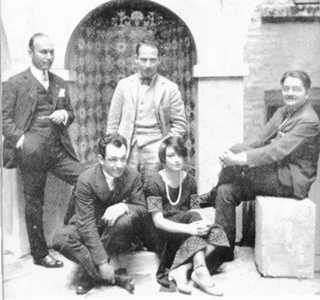
The Algonquin Round Table was a group of New York City writers, critics, actors, and wits. Gathering initially as part of a practical joke, members of "The Vicious Circle", as they dubbed themselves, met for lunch each day at the Algonquin Hotel from 1919 until roughly 1929. At these luncheons they engaged in wisecracks, wordplay, and witticisms that, through the newspaper columns of Round Table members, were disseminated across the country.

Alexander Humphreys Woollcott was an American drama critic and commentator for The New Yorker magazine, a member of the Algonquin Round Table, an occasional actor and playwright, and a prominent radio personality.
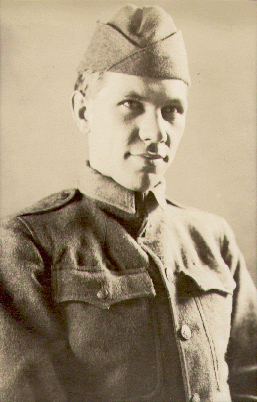
Harold Wallace Ross was an American journalist who co-founded The New Yorker magazine in 1925 with his wife Jane Grant, and was its editor-in-chief until his death.
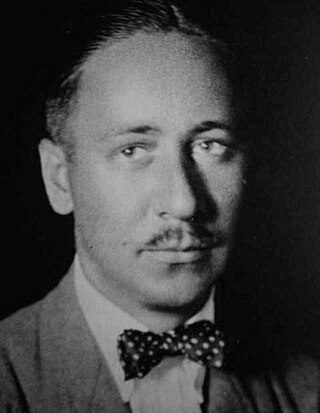
Robert Charles Benchley was an American humorist best known for his work as a newspaper columnist and film actor. From his beginnings at The Harvard Lampoon while attending Harvard University, through his many years writing essays and articles for Vanity Fair and The New Yorker and his acclaimed short films, Benchley's style of humor brought him respect and success during his life, from his peers at the Algonquin Round Table in New York City to contemporaries in the burgeoning film industry.

Joseph Deems Taylor was an American music critic, composer, and promoter of classical music. Nat Benchley, co-editor of The Lost Algonquin Roundtable, referred to him as "the dean of American music."

Franklin Pierce Adams was an American columnist known as Franklin P. Adams and by his initials F.P.A.. Famed for his wit, he is best known for his newspaper column, "The Conning Tower", and his appearances as a regular panelist on radio's Information Please. A prolific writer of light verse, he was a member of the Algonquin Round Table of the 1920s and 1930s.

Mrs. Parker and the Vicious Circle is a 1994 American biographical drama film directed by Alan Rudolph from a screenplay written by Rudolph and Randy Sue Coburn. The film stars Jennifer Jason Leigh as writer Dorothy Parker and depicts the members of the Algonquin Round Table, a group of writers, actors and critics who met almost every weekday from 1919 to 1929 at Manhattan's Algonquin Hotel.

Robert Emmet Sherwood was an American playwright and screenwriter.
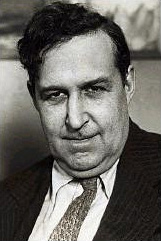
Heywood Campbell Broun Jr. was an American journalist. He worked as a sportswriter, newspaper columnist, and editor in New York City. He founded the American Newspaper Guild, later known as The Newspaper Guild and now as The NewsGuild-CWA. Born in Brooklyn, New York, he is best remembered for his writing on social issues and his championing of the underdog. He believed that journalists could help right wrongs, especially social ills.
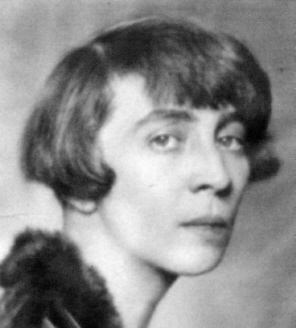
Ruth Hale was an American journalist who worked for women's rights in New York City during the era before and after World War I. She was married to journalist Heywood Broun and was an associate of the Algonquin Round Table.
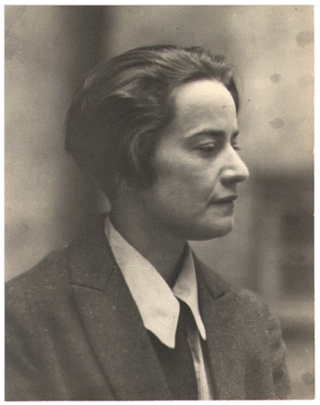
Jane Grant was a New York City journalist who co-founded The New Yorker with her first husband, Harold Ross.
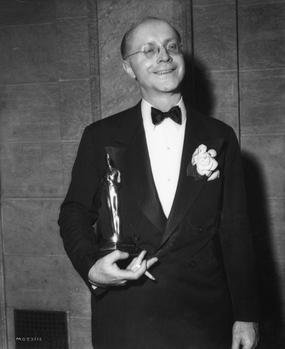
Donald Ogden Stewart was an American writer and screenwriter best known for his sophisticated golden age comedies and melodramas such as The Philadelphia Story, Tarnished Lady and Love Affair. Stewart worked with a number of the directors of his time, including George Cukor, Michael Curtiz and Ernst Lubitsch. Stewart was a member of the Algonquin Round Table and, with Ernest Hemingway's friend Bill Smith, the model for Bill Gorton in The Sun Also Rises. His 1922 parody on etiquette, Perfect Behavior, published by George H. Doran and Co., was a favourite book of P. G. Wodehouse.

La Chauve-Souris was the name of a touring revue during the early 1900s. Originating in Moscow and then Paris, and directed by Nikita Balieff, the revue toured the United States, Europe, and South Africa. The show consisted of songs, dances, and sketches, most of which had been originally performed in Russia. The revue was enormously successful in the U.S., and one of its legacies is the popularization of the jaunty tune The Parade of the Wooden Soldiers by Leon Jessel.

Frank Case was an American hotelier and author. He owned and managed the Algonquin Hotel during the heyday of the Algonquin Round Table and wrote a number of books about his experiences with the hotel and the Round Tablers.
Alan K. Campbell was an American writer, stage actor, and screenwriter. He and his wife, Dorothy Parker, were a popular screenwriting team in Hollywood from 1934 to 1963.
References
- ↑ "John Peter Toohey, A Magazine Writer." New York Times . November 8, 1946. p. 23
- ↑ Internet Movie Database entry for Mrs. Parker and the Vicious Circle